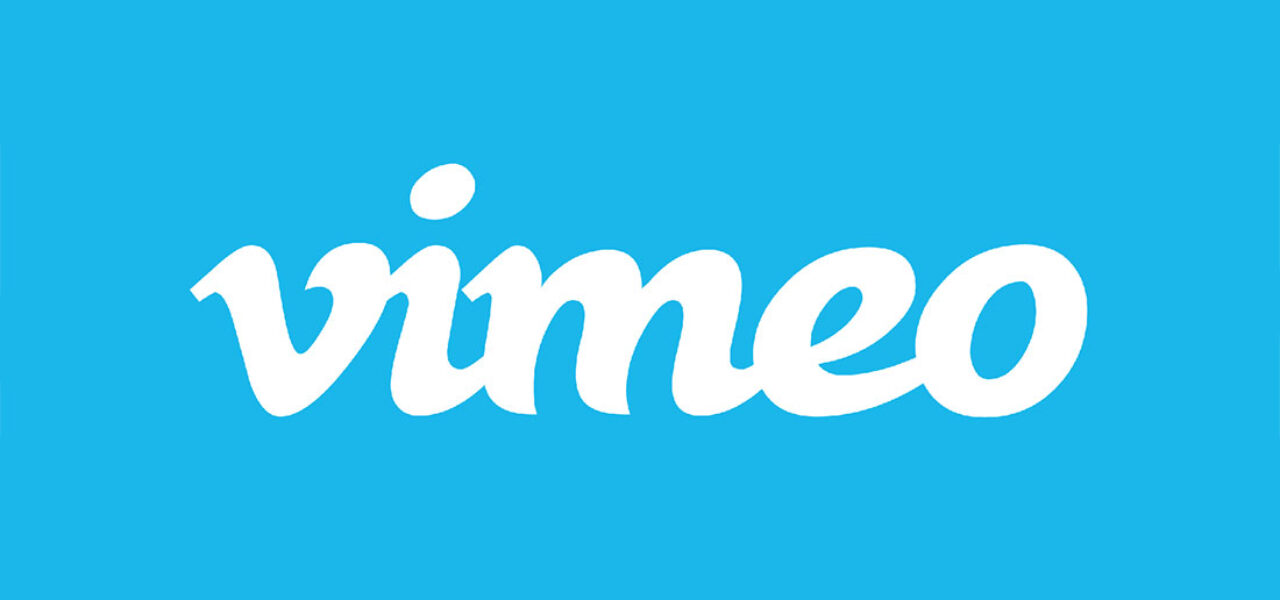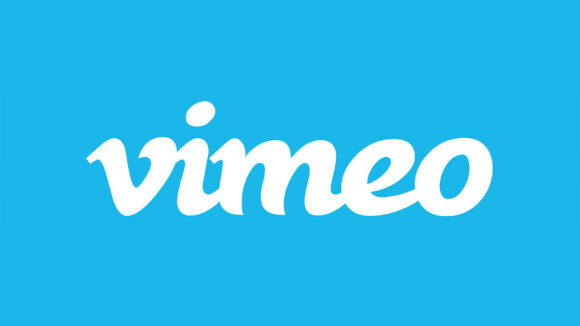

Vimeo Is Randomly Hiking Prices – And Will Remove Your Videos If You Don’t Pay
Anjali Sud, the CEO of Vimeo, has made no secret of her disdain for the independent creators who were once the bread-and-butter of the company. But what was once apathy towards filmmakers, animators, and video artists has now turned into a campaign to completely eliminate them from the platform.

Vimeo’s latest underhanded tactic is to hit independent creators with outrageous price increases, and if someone refuses to pay, they’ll disable your account. The Verge spoke to a number of creators, some of whom have been using the platform for over a decade, who have been victimized by Vimeo’s new corporate strategy.
Dutch artist Lois van Baarle, better known as Loish, told The Verge how Vimeo tried to increase her annual fees by 1,650%:
“I was already paying $200 a year, which I think is pretty expensive,” van Baarle says. “But I thought, well, it’s a quality platform.” She’s uploaded 117 subscriber-only videos so far, and each one only gets around 150 views on average, van Baarle says. Her most viewed video has around 815 views.
So the notice Vimeo sent van Baarle on March 11th shocked her. Her bandwidth usage was within the top 1 percent of Vimeo users, the company said, and if she wanted to keep hosting her content on the site, she’d need to upgrade to a custom plan. Her quoted price: $3,500 a year. She was given a week to upgrade her content, decrease her bandwidth usage, or leave Vimeo.
“I’ve never had it where a platform reached out to me and was like, ‘Pay up, or get off our platform,’ basically,” she says.
Sud’s attack on creators has been building for a long time. Cartoon Brew was one of the first news sites to warn creators about Vimeo’s shifting business model back in 2018.
Since then, Sud has made clear that creators are no longer the focus of the company. “[W]e are not focused on eyeballs and content on Vimeo,” she told The Verge last year. “We actually don’t want Vimeo to be an entertainment destination where people come.”
She reiterated her position in a letter to shareholders last month (download PDF) in which she touted enterprise customers like Nike, Gap, Bayer, and Williams Sonoma, and said, “Today we are a technology platform, not a viewing destination. We are a B2B solution, not the indie version of YouTube.”
The strategy is working in some ways – the company generated $100 million in revenue last year – but the company’s earnings have also fallen short of investor expectations and the company’s stock price is down nearly 80% since going public last spring, a fact that we’ve occasionally pointed out on Twitter.
Sud herself told shareholders that Vimeo’s first year as a public company was “humbling,” blaming it partly on the pandemic: “We went public during a pandemic, experienced our share of growing pains, and ultimately did not achieve the ambitions we set for the year.”
But as bad as it’s been for Vimeo, it’s even worse for independent artists, who now have to deal with a company that is no longer transparent about its pricing and could make your work inaccessible with little warning. Artists would be wise to start backing up their work on Vimeo and looking for more reliable video hosting solutions.

.png)